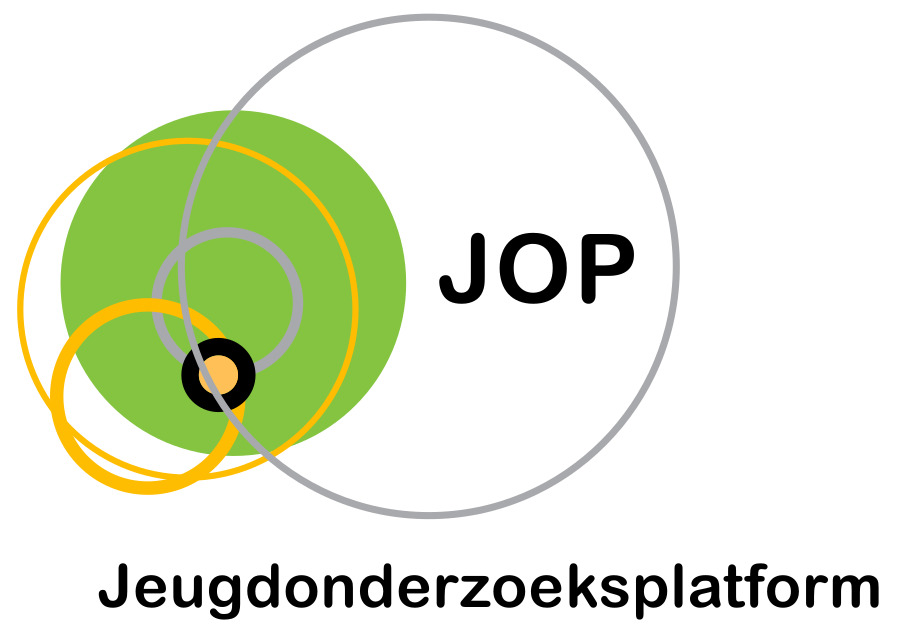The moderating role of parenting dimensions in the association between traditional or cyberbullying victimization and mental health among adolescents of different sexual orientati.
Auteurs
DeSmet, A., Rodelli, M., Walrave, M., Portzky, G., Dumon, E., & Soenens, B. (2021).

Abstract
Het slachtofferschap van cyberpesten wordt in verband gebracht met psychische problemen en komt
vaker voor bij jongeren met een niet-heteroseksuele oriëntatie (lesbisch, homoseksueel, biseksueel en
vragend (LGBQ)) dan bij heteroseksuele jongeren. Ouderlijke steun kan beschermen tegen psychische
problemen na slachtofferschap, maar niet-ondersteunende ouderlijke invloeden kunnen de schade
ook verergeren. In deze studie werd onderzocht of opvoedingsdimensies (autonomie, psychologische
controle) de associaties tussen slachtofferschap van pesten en psychische gezondheidsproblemen
modereerden bij heteroseksuele en LGBQ-adolescenten. Een anonieme enquête werd ingevuld door
1037 adolescenten (M-leeftijd = 15,2 +/- 1,9, 50% vrouw). Regressieanalyses onderzochten de
associaties tussen slachtofferschap, seksuele oriëntatie en psychische gezondheidsproblemen, en
onderzochten de modererende rol van ouderschap. Beide vormen van slachtofferschap werden
geassocieerd met hogere psychische gezondheidsproblemen. LGBQ-jongeren hadden meer
depressieve symptomen en suïcidale gedachten dan heteroseksuele jongeren. Lagere niveaus van
psychologische controle door ouders en hogere niveaus van autonomie-ondersteuning hingen samen
met het hebben van minder psychische gezondheidsproblemen. Echter, gepercipieerde autonomieondersteuning bleek minder beschermend wanneer adolescenten vaker slachtoffer waren. Bovendien
bleek ouderlijke psychologische controle samen te hangen met een verhoogd risico op suïcidale
plannen, specifiek bij LGBQ-jongeren, en verergerde het de associatie tussen slachtofferschap van
cyberpesten en stress bij LGBQ-jongeren. Deze bevindingen onderstrepen de noodzaak om aandacht
te besteden aan opvoeding in schoolbrede programma’s ter bestrijding van pesten en ter bevordering
van de geestelijke gezondheid.
Cyberbullying victimization is associated with mental health problems and reported to occur more in
nonheterosexual orientation youth (lesbian, gay, bisexual, and questioning (LGBQ)) than among
heterosexual youth. Parental support may protect against mental health problems after being
victimized, but nonsupportive parental influences may also exacerbate harm. This study investigated
whether parenting dimensions (autonomy support, psychological control) moderated the associations
between bullying victimization and mental health problems among heterosexual and LGBQ
adolescents. An anonymous survey was completed by 1037 adolescents (M age = 15.2 +/- 1.9, 50%
female). Regression analyses examined associations between victimization, sexual orientation, and
www.jeugdonderzoeksplatform.be 2
mental health problems, and investigated the moderating role of parenting. Both forms of
victimization were associated with higher mental health problems. LGBQ youth experienced more
depressive symptoms and suicidal ideation than heterosexual youth. Lower levels of parental
psychological control and higher levels of autonomy support were related to having fewer mental
health problems. However, perceived autonomy support appeared less protective when adolescents
experienced more frequent victimization. Moreover, parental psychological control was related to
heightened risk for suicidal plans specifically among LGBQ youth and also exacerbated the association
between cyberbullying victimization and stress among LGBQ youth. These findings underscore the
need to address parenting in whole-school antibullying and mental health promotion programs.
Referentie
DeSmet, A., Rodelli, M., Walrave, M., Portzky, G., Dumon, E., & Soenens, B. (2021).
The moderating role of parenting dimensions in the association between traditional
or cyberbullying victimization and mental health among adolescents of different
sexual orientation. International Journal Of Environmental Research And Public
Health, 18(6), 1–18.
Taal
Engels
Publicatievorm
Tijdschriftartikel
ISBN – DOI
10.3390/ijerph18062867
Trefwoord(en)
Seksuele geaardheid, cyberpesten, mentale gezondheid, zelfmoord, opvoeding,
autonomie ondersteuning, psychologische controle
